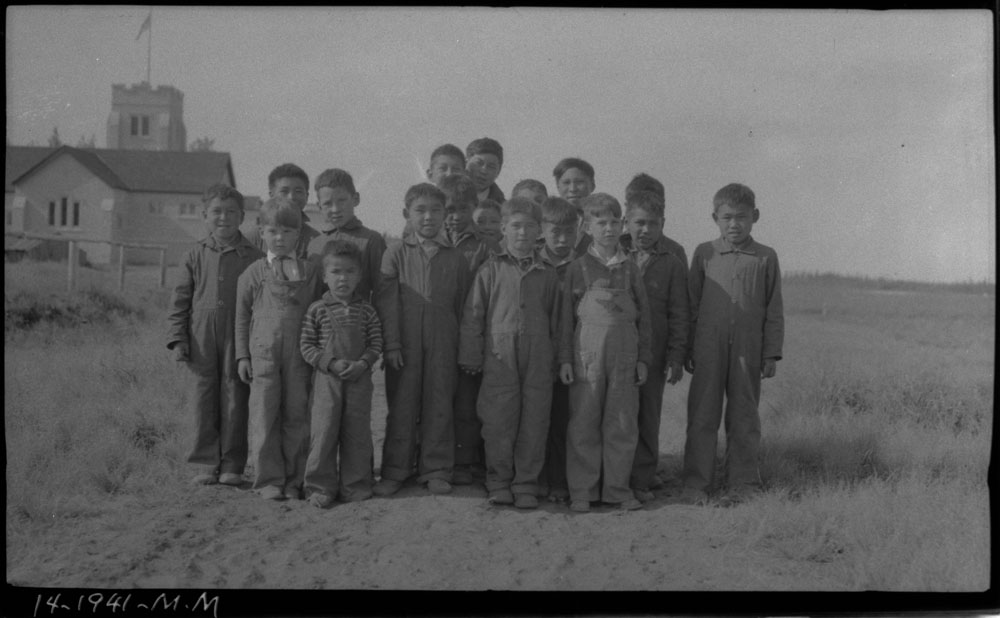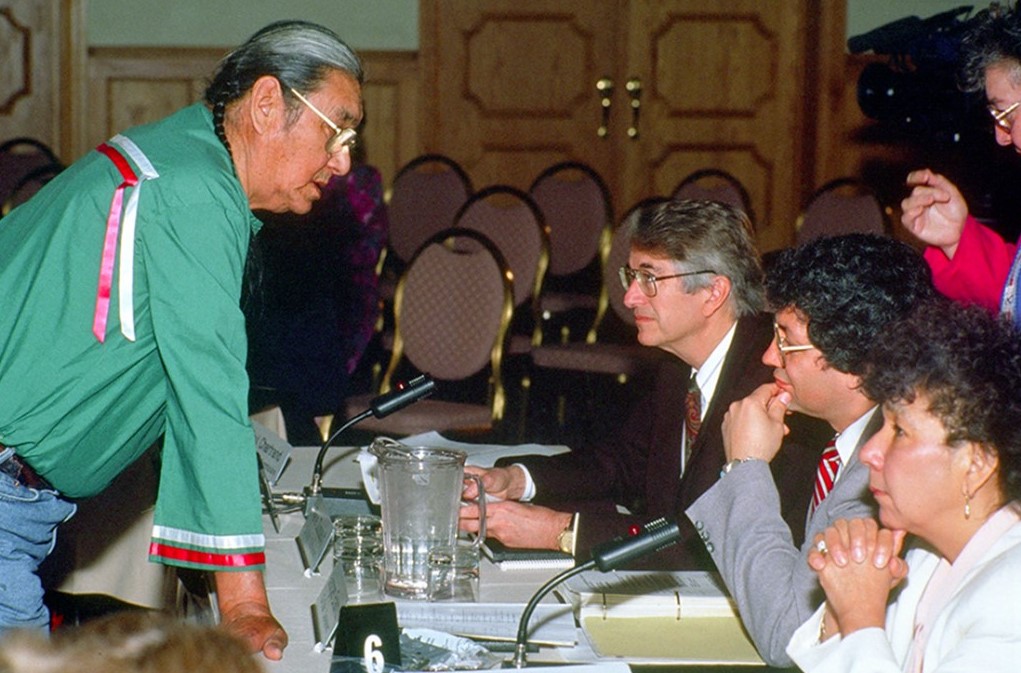Article
Religious Festivals
Each major religion practised in Canada has, in addition to its own system of beliefs, a way of marking the passage of time and celebrating sacred events. Hindus, Buddhists, Sikhs, Jews, Christians and Muslims enrich the religious and cultural diversity of Canada. However, the integration of these celebrations and beliefs does not happen smoothly, and sometimes raises controversy.













